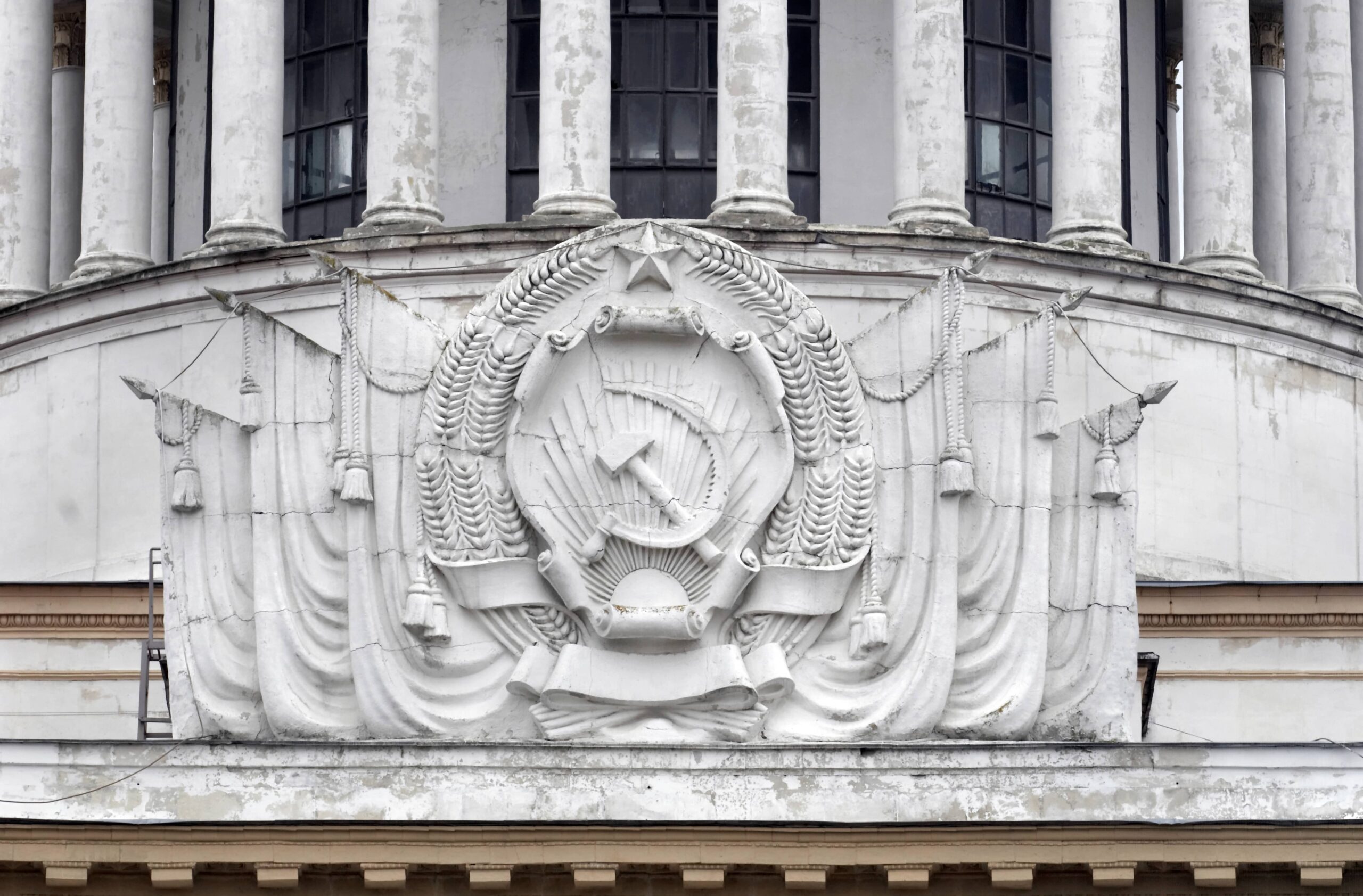In a political context, “centralization” refers to the growth in power and authority of the modern state that comes at the expense of localisms such as kin, town, religious community, and custom. It represents the application of a detailed set of laws over the daily lives of persons and organic institutions in distinct localities. Conservatives see the contest between the central state and particularistic, customary institutions as lying at the core of modern politics, with their sympathies usually favoring localism.
Roman law from the period of empire provided a rough theoretical framework for centralization. It countenanced the atomization of rival mediating bodies and emphasized the superiority of the emperor to all other forms of authority. The great early modern theorist of centralization was Thomas Hobbes, who argued that no other institution should stand between the isolated individual and the absolute state. Multiplicity, plurality, family, and heritage had no place in Hobbes’s vision of political order. Before the advent of the central state, the life of men was “solitary, poor, nasty, brutish, and short.” Rival associations within the state were as “worms in the entrayles of a naturall man.” All property rights derived from the sovereign as well. Human society would be built through contract and protected by the authoritarian ruler. Even the family itself had no inherent rights; rather, a parent gained legitimate dominion only “from the Child’s consent.”
Jean-Jacques Rousseau carried this vision forward, recognizing only two entities: the isolated individual and the absolute state. There was no such thing as “society” composed of numerous intermediate bodies. Rather, Rousseau described the just order as one where “each citizen would . . . be completely independent of his fellow men, and absolutely dependent upon the state.” This would “free” the individual from spontaneous, stultifying society, thereby allowing him to find meaning in a “general will” divined by the sovereign.
Nineteenth-century theorists built on this foundation. Jeremy Bentham’s utilitarianism advocated the centralization of administration at the expense of custom and tradition as a necessary measure of efficiency. Behind the rhetoric of “the withering of the state,” Marx and Engels’s Communist Manifesto (1848) urged the “centrali[zation of] all instruments of production in the hands of the state. . . . Centralization of credit . . . [c]entralization of the means of communication [etc.].” Nation-builders such as Otto von Bismarck in Germany and Guiseppe Garibaldi in Italy saw political centralization as a necessary step in ending the crippling divisions of provincialism.
Social reformers of the early twentieth century viewed the centralizing state as a way to overcome the “confusion and conflict” of premodern, feudal times, bringing instead reason and personal liberation. V. I. Lenin mocked “the flabbiness of the village” and crafted the revolutionary state resting on the dictatorship of the proletariat. Scandinavian social democracy rested on the displacement of true civil society by the mechanisms of the welfare state. In fulfillment of Rousseau’s vision, wives would no longer be dependent on husbands, nor husbands on wives, nor children on parents, nor aged parents on grown children: all would be equally dependent on the central state.
A distinctive conservative critique of centralization began with Edmund Burke. In his Reflections on the Revolution in France (1790), Burke contrasted the growing “superiority of the city of Paris” with “the destruction of all the old bounds of provinces and jurisdictions, ecclesiastical and secular, and the dissolution of all ancient combinations of things.” The power of the city of Paris served as the “one great spring” of revolutionary politics. He urged that we “love the little platoons we belong to in society,” the “germ” as it were “of public affection.” Alexis de Tocqueville gave considerable attention to centralization in Democracy in America (1835), emphasizing its close linkage to the pursuit of equality within a democratic polity. “Every central power which follows its natural instincts loves equality and favors it,” he wrote. “For equality singularly facilitates, extends, and secures its influence.” Democracy despised privilege and loved uniformity; equality destroyed the former and created the latter. Every citizen became “lost in the crowd, and nothing stands out conspicuously but the great and imposing image of the people itself.”
Other critics followed. In the 1830s, the Bishop of Exeter called centralization “the vice of modern legislation,” one alien to the true English constitution. Randolph Bourne identified modern war “as the health of the state,” an engine for radical change. Writing for the Southern Agrarians in I’ll Take My Stand (1936), Frank Owsley cast the American Civil War as a conflict between the “extreme centralization” of the commercialized Hamiltonian North and the “extreme decentralization” of the agricultural Jeffersonian South. He emphasized that the greatest growth of centralized power in America came only in the wake of the Southern defeat. Robert Nisbet’s Quest for Community (1953) and Twilight of Authority (1975) dissected the origins of centralization, finding its roots in a monism blending “social nihilism and political affirmation.” He urged that real power be restored to intermediate institutions such as family, neighborhood, and church, entities that both conferred and protected true liberty. Finally, Russell Kirk argued that the “worst thing about excessive concentration of power . . . is that in the long run such Behemoth centralization fails . . . and then the whole structure falls apart.” He pointed to the collapse of Soviet Russia as an example.
Conservatives have differed, however, on how or whether to arraign capitalism and the modern joint-stock, limited liability corporation as contributing to centralization in a detrimental way. Some, such as Michael Novak and his allied neoconservatives, have regarded modern corporations as mediating institutions themselves, sheltering individuals from state authority in a manner similar to that of families. Others, such as Nisbet and the Agrarians, have seen the rise of the modern corporation as a key factor in the construction and growth of the centralizing state. In this view, mercantilism and then capitalism have been used by kings and democratic rulers alike as tools with which to destroy the “particularism of local and intermunicipal trading” (Karl Polanyi, The Great Transformation, 1944). This latter, more consistently decentralist brand of conservatism has argued, on both historical and theoretical grounds, that economic and political centralization is mutually self-sustaining.
Further Reading
Herbert Agar and Allen Tate, Who Owns America? A New Declaration of Independence
Allan Carlson, The New Agrarian Mind: The Movement toward Decentralist Thought in Twentieth-Century America
Russell Kirk, The Politics of Prudence
This entry was originally published in American Conservatism: An Encyclopedia, p. 135.















